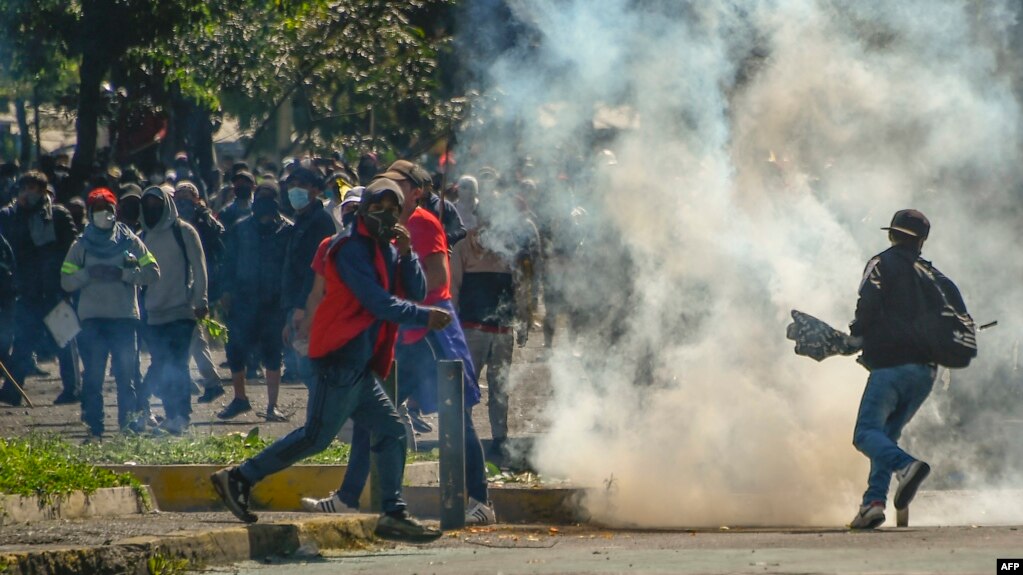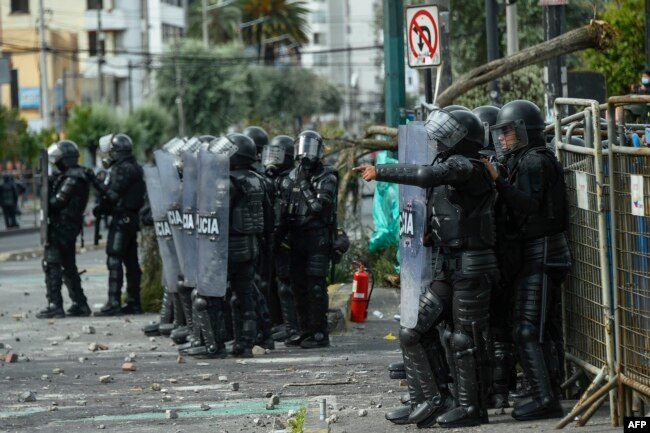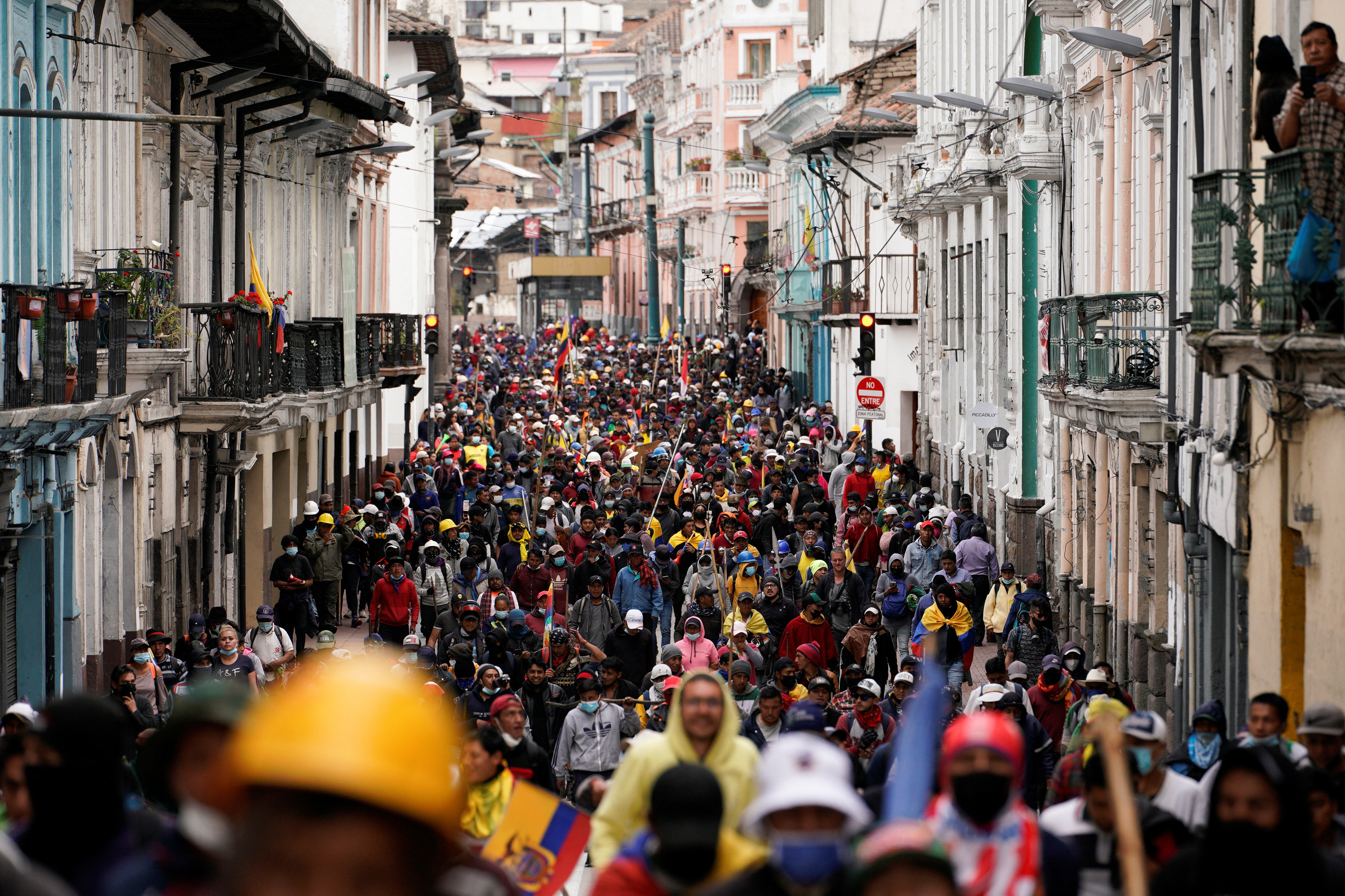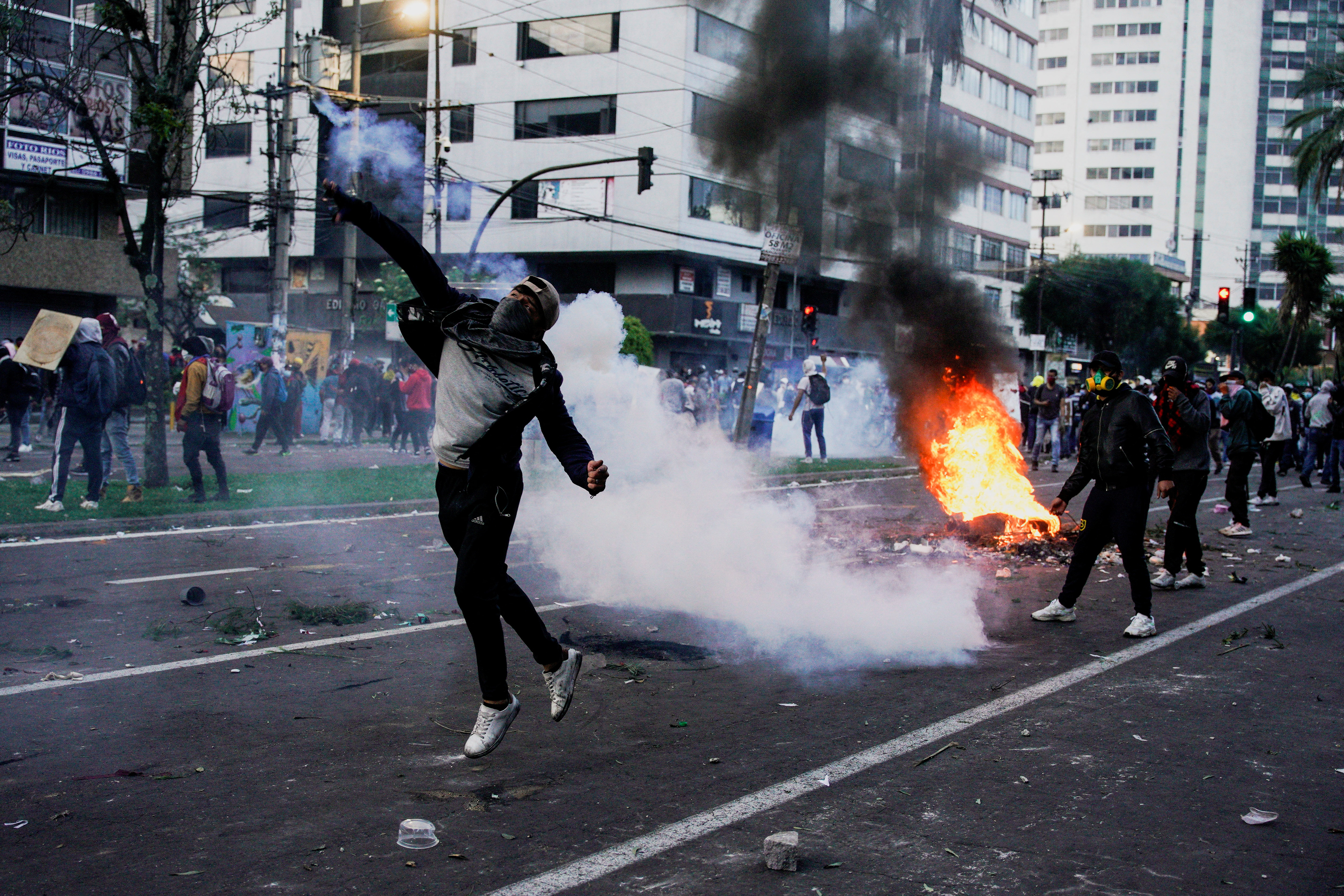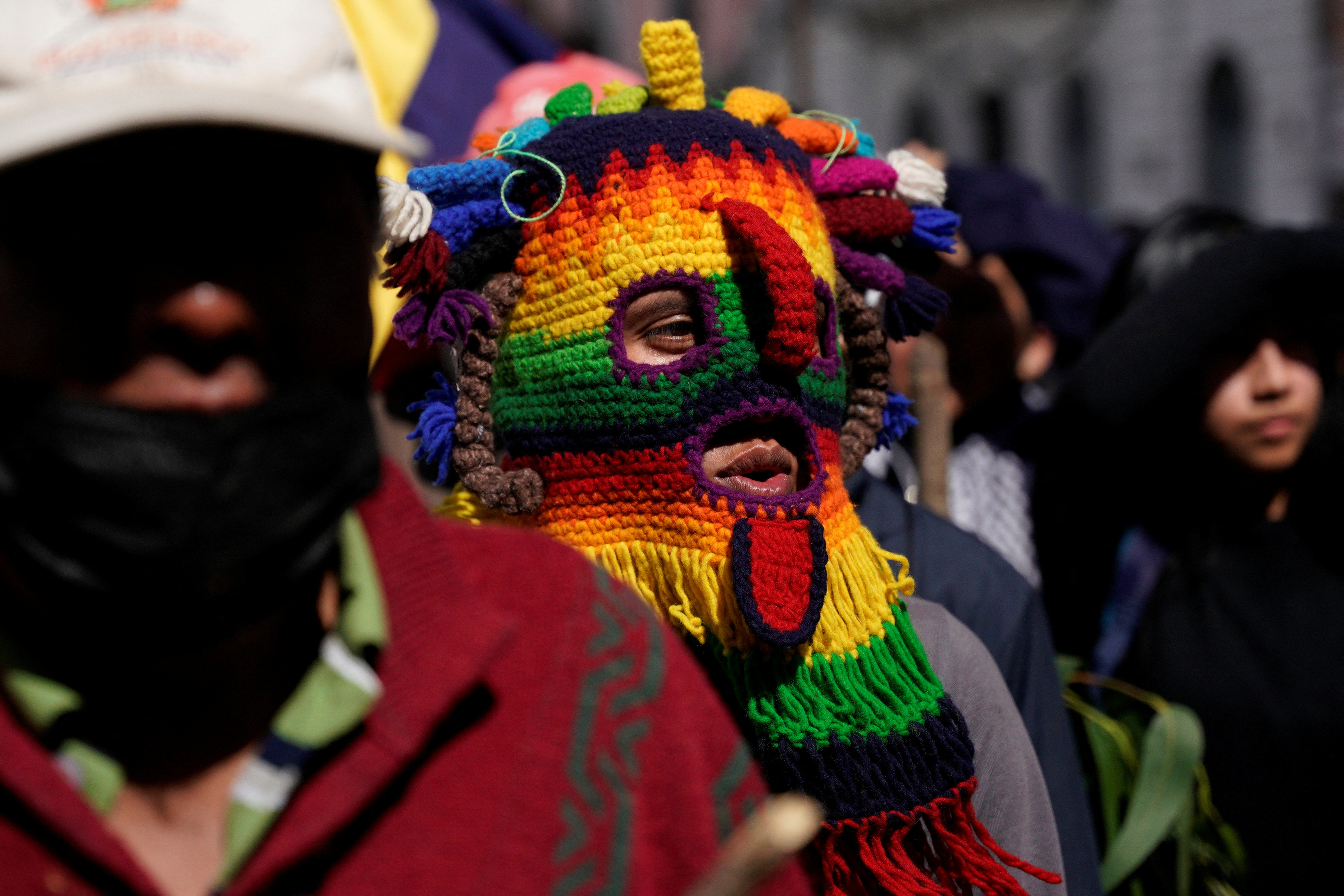Wed, June 22, 2022,

Washington Commanders owner Dan Snyder was ordered to appear before a US Congressional panel probing allegations of workplace malpractice at the club on Wednesday as new evidence accused the team boss of attempting to thwart an NFL inquiry.
Carolyn Maloney, the chairwoman of the House Committee on Oversight and Reform, said in a statement that Snyder would be subpoenaed after his "continued and unfounded refusal" to provide voluntary testimony before the panel.
"Mr. Snyder's refusal to testify sends a clear signal that he is more concerned about protecting himself than coming clean to the American public," Maloney said.
"If the NFL is unwilling to hold Mr. Snyder accountable, then I am prepared to do so."
The Congressional panel has been conducting a probe into workplace misconduct and sexual harassment at Washington's NFL franchise.
The team was fined $10 million by the NFL last year after an investigation found evidence of sexual harassment, bullying and intimidation.
In February, a former cheerleader and marketing executive with the team told the panel how she had been sexually harassed by Snyder -- the first time the Commanders boss had been publicly accused of inappropriate behavior.
On Wednesday, lawmakers released a 29-page memo which detailed how the Commanders had tackled allegations made by female employees at the club.
- Hush money -
The memo said Snyder had launched a "shadow investigation" designed to stymie the near year-long NFL inquiry into the claims launched in 2020.
The shadow probe was used to create "a 100-slide dossier with private emails, text messages, telephone records and social media posts from journalists, victims and witnesses who had made credible public accusations of harassment" against the team.
It said that during the NFL's inquiry led by former federal prosecutor Beth Wilkinson, Snyder and his legal team offered "hush money" to former cheerleaders to dissuade them from cooperating with the investigation.
The committee also said it had found evidence which cast doubt on the NFL's claim that its own investigation was independent.
It noted that Snyder was given a "back-channel" to make confidential presentations to the NFL and was able to block the release of information.
It said the NFL became aware of Snyder's efforts to frustrate Wilkinson's investigation "but failed to take meaningful action to prevent them".
The committee has been sharply critical of the NFL's failure to release a full, written report of Wilkinson's investigation.
However NFL Commissioner Roger Goodell said in testimony before lawmakers on Wednesday that there were "compelling reasons" not to make the full findings of the investigation public.
"We have been open and direct about the fact that the workplace culture at the Commanders was not only unprofessional, but toxic for far too long," Goodell said, citing the importance of preserving witness confidentiality.
Asked why the report could not simply have redacted the names of individuals making allegations, Goodell replied: "With all due respect, redaction doesn't always work in my world, I promise. Okay.
"We need to take extra steps to make sure these people who did come through and courageously come forward."
rcw/bsp

